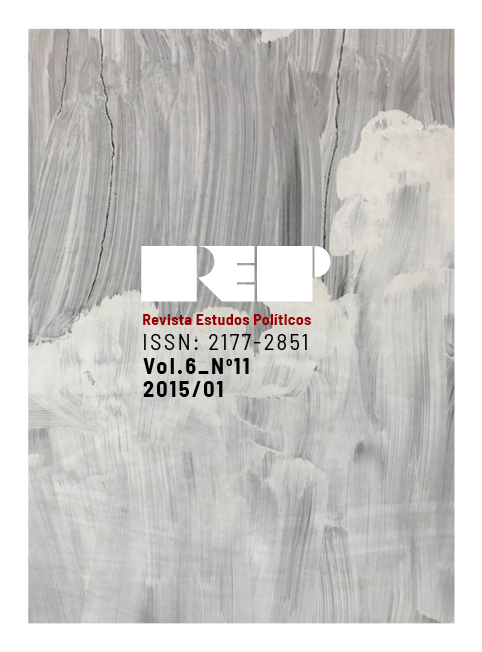A Popular University in Brazil for the People: the Way this Can Be Achieved
DOI:
https://doi.org/10.22409/rep.v6i11.40384Palavras-chave:
People’s university, socialism, historic bloc, forms of transition to revolutionary powerResumo
This article addresses the question of the importance of holding a debate about the current project to set up a people´s university in Brazil, It is argued that a point of departure can be suggested for an in-depth approach to this question on the basis of the Marxist concept of history – which means that a people´s university can only exist in a future socialist State. According to Marx, the State represents the interests of the bourgoisie and as such, it is not in its interests to offer equal educational opportunities for everyone. The struggle for a people´s university – and for people´s education in general – must form a part of the struggle to replace the capitalist system with a socialist State. The big problem is to define how, in the light of current conditions, a pathway to socialism can be pursued. In this article, stress is laid on the importance of the “historic bloc” put forward by A. Gramsci and this, together with the legacy of L. C. Prestes, draws attention to the need to take account of forms of transition or approximation to revolutionary power, thus paving the way for a socialist revolution.Downloads
Downloads
Publicado
Edição
Seção
Licença
Para submeter um manuscrito, os autores devem realizar o cadastro na plataforma, fornecer os dados solicitados e seguir as orientações recomendadas. Para tanto, será necessário apresentar o número da identidade de pesquisador. Para obtê-lo, é necessário realizar o cadastro na plataforma Open Researcher and Contributor ID (ORCID).
Ao submeter um manuscrito, os autores declaram sua propriedade intelectual sobre o texto e se comprometem com todas as práticas legais relativas à autoria. A submissão implica, ainda, na autorização plena, irrevogável e gratuita de sua publicação na REP, a qual se responsabiliza pela menção da autoria.
A REP tem acesso aberto e não cobra pelo acesso aos artigos.
Orientando-se pelo princípio de que tornar público e disponibilizar gratuitamente o conhecimento científico contribui para a democratização mundial do conhecimento, a REP adota a política de acesso livre e imediato ao seu conteúdo.
No mesmo sentido, a REP utiliza a licença CC-BY, Creative Commons, a qual autoriza que terceiros distribuam, remixem, adaptem e criem a partir do trabalho, inclusive para fins comerciais, desde que se reconheça e torne público o crédito da criação original.
Para mais informações, contatar a editora através do e-mail revistaestudospoliticos@gmail.com


